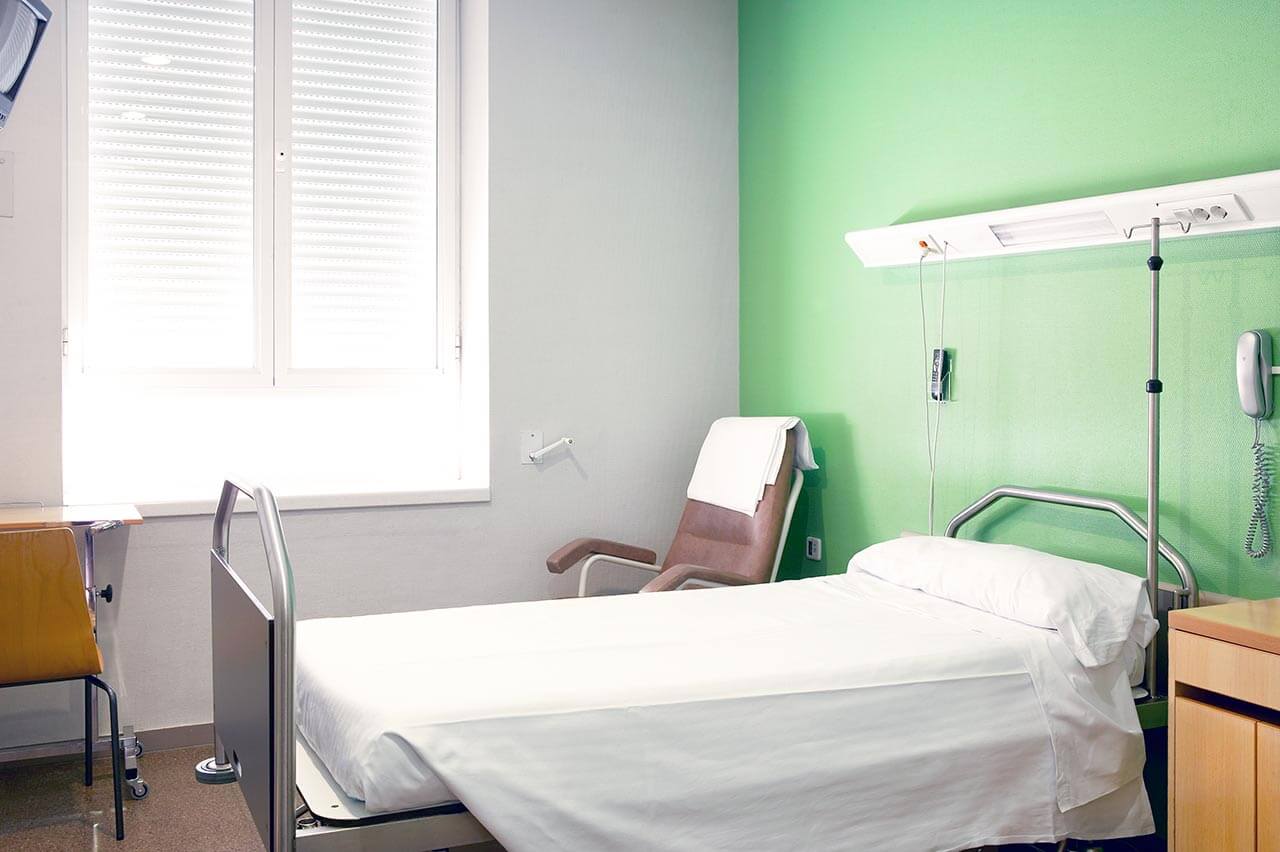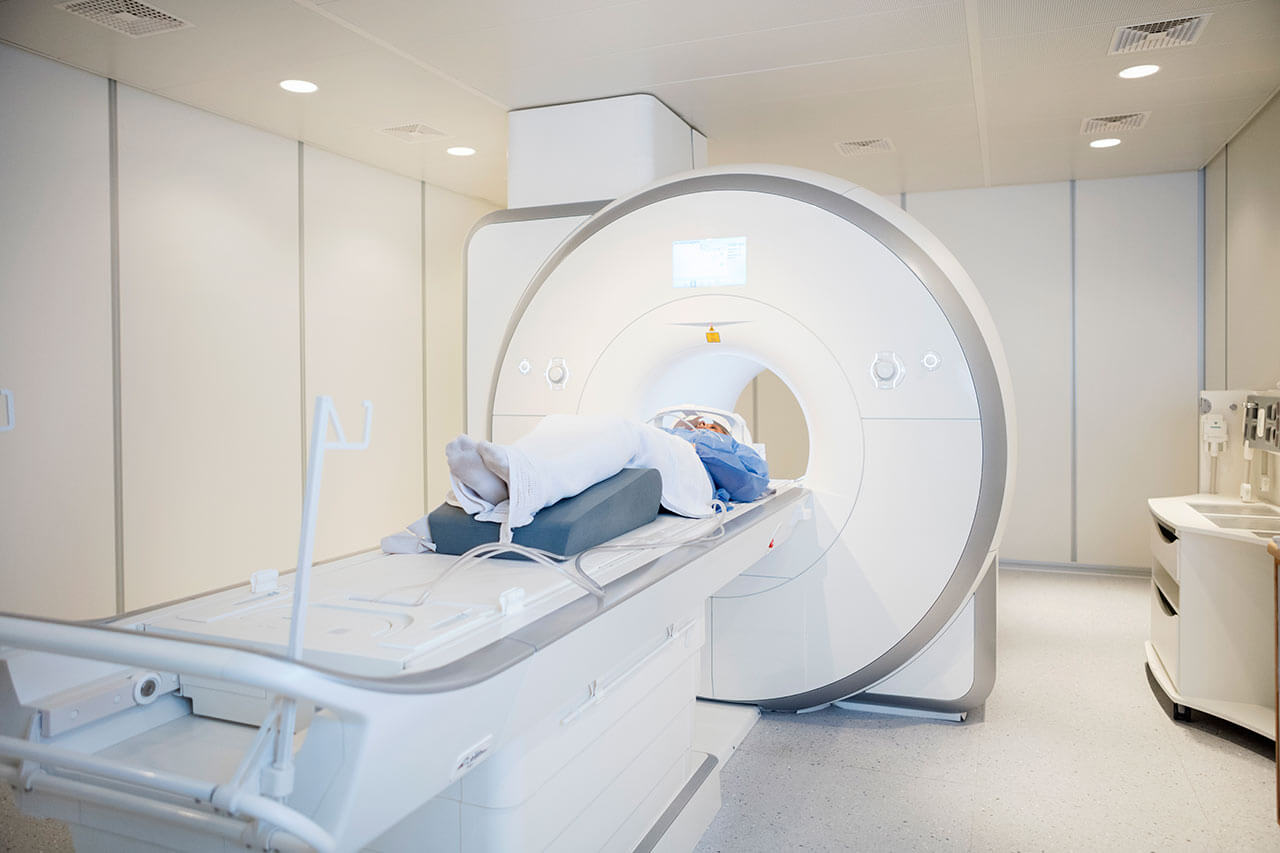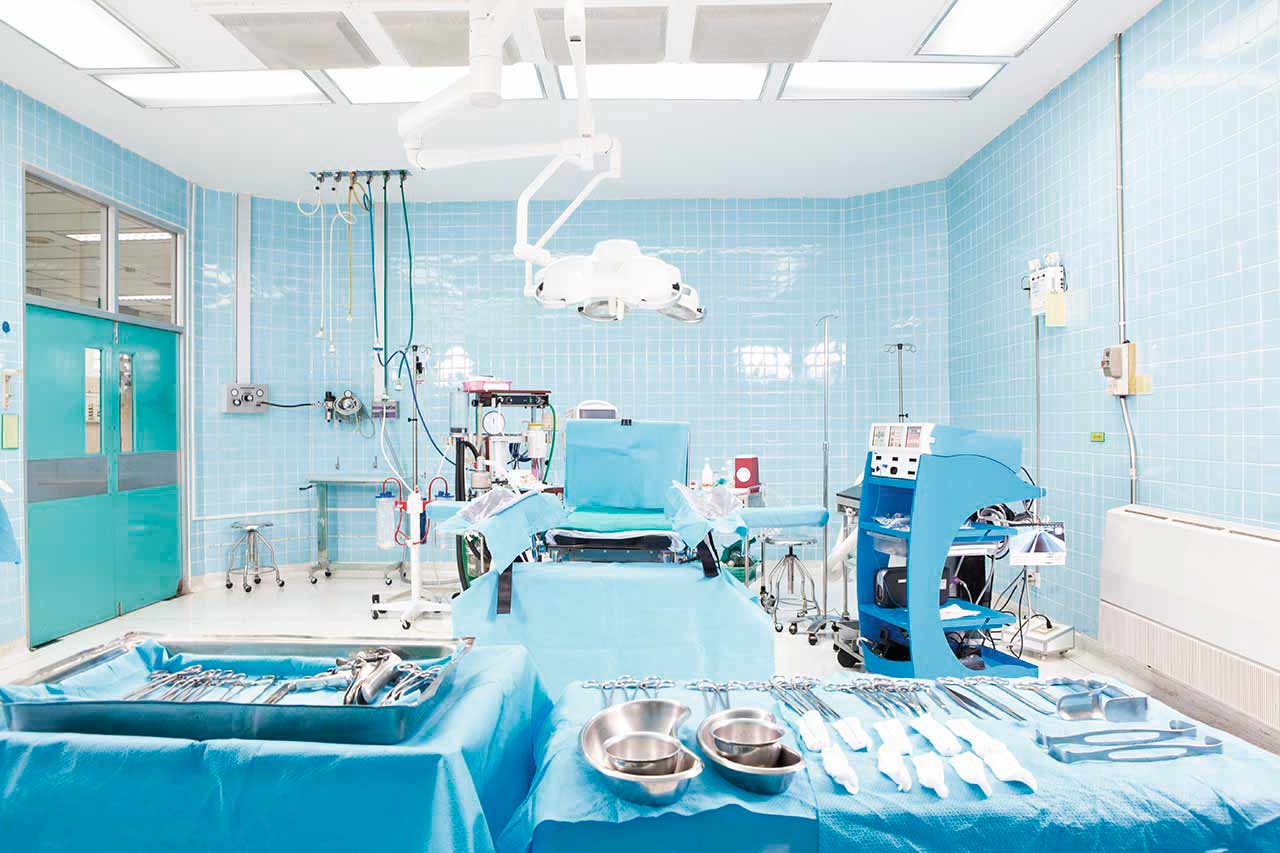
The program includes:
- Initial presentation in the clinic
- clinical history taking
- general clinical examination
- laboratory examinations:
- complete blood count
- blood biochemistry
- immune analysis
- hormonal tests:
- androgens
- progesterone
- prolactin
- thyroid hormones (T3, T4, TSH)
- gynecological examination
- colposcopy
- taking a smear
- hormonal stimulation
- artificial insemination (AI)
- nursing services
- elaboration of further recommendations
How program is carried out
During the first visit, the physician will conduct a clinical examination and go through the results of previous laboratory tests and instrumental examinations. After that, you will undergo an additional examination, including complete blood count, laboratory assessment of liver and kidney function, hormonal tests. Based on the results of the examinations, the physician will make sure that there are no contraindications to hormonal stimulation and subsequent intrauterine (artificial) insemination with donor sperm.
Intrauterine (artificial) insemination with donor sperm is carried out as the day hospital procedure, without mandatory admission to the hospital. Cryopreserved sperm is used for it. Donor sperm undergoes obligatory quality control and infection control.
After hormonal stimulation of ovulation, you will have an ultrasound scan with folliculometry. With its help the physician will make sure that you have a fully-grown egg that is eligible for fertilization. Donor sperm is introduced into the uterine cavity through a thin catheter. The procedure is painless, but the physician can use a local anesthetic, if needed.
After the insemination, you will need to remain in the supine position for about 30-40 minutes.
After the completion of intrauterine (artificial) insemination with donor sperm, you will receive the medical report with detailed recommendations regarding further follow-up. You can leave the hospital on the day of your procedure. In the future, you can contact the physician for accompanying the pregnancy.
Service
You may also book:
 BookingHealth Price from:
BookingHealth Price from:
About the department
96 Booking Health patients have already received treatment in the Center for Hormonal Disorders and Fertility at the University Hospital of Ludwig Maximilian University of Munich.
98% of patients recommend this hospital and department.
You can read reviews about the quality of the Booking Health service here.
The Department of Reproductive Medicine at the University Hospital of Ludwig Maximilian University of Munich offers the full range of modern diagnostic and therapeutic services in this area and is one of the largest medical facilities of this kind in Europe. The department’s main activities include the treatment of infertility and miscarriages using in vitro fertilization, intracytoplasmic sperm injection, blastocyst transfer, and the use of immunological methods. The doctors working at the medical facility also specialize in treating hormonal imbalances, including menstrual irregularities and polycystic ovary syndrome, which often interfere with pregnancy. The therapeutic offer is complemented by fertility preservation methods, such as egg and sperm cryopreservation. The department's doctors have all the necessary diagnostic options to detect the cause of infertility, which is the main condition for effective treatment. The department's medical team has vast clinical experience, and therefore the specialists successfully cope with even the most complex clinical cases, giving people the opportunity to become parents. The department is headed by Prof. Dr. med. Christian Thaler, who, according to the Focus magazine, ranks among the best German doctors in the field of his competence.
Infertility is a fairly common pathology today and requires a competent approach to treatment. Infertility is diagnosed if a woman does not become pregnant within a year of regular sexual activity without the use of contraceptives. The absence of a desired pregnancy can be due to health problems for both a woman and a man. The most common causes of the inability to conceive a child in women include hormonal disorders, fallopian tube obstruction, endometriosis, polycystic ovary syndrome, and other pathological changes. As for men, it may be insufficient concentration or mobility of spermatozoa, their abnormal shape, varicocele, testicular diseases, impaired patency of the vas deferens, ejaculation disorders, etc. The causes can thus be very diverse, and to accurately determine them, it is necessary to conduct comprehensive diagnostics, the results of which will become the basis for developing an optimal treatment regimen.
The department has all the modern technical options to clarify the causes of infertility. The medical facility conducts hormone testing, ultrasound scans, assessment of the fallopian tube patency, hysteroscopy, laparoscopy, genetic tests, and a comprehensive examination of men. A complex of required diagnostic procedures is selected individually. For example, a hysteroscopy is an invasive endoscopic procedure that is appropriate for suspected uterine fibroids or polyps. A laparoscopy also refers to invasive procedures, and the indication for it may be suspected fallopian tube obstruction, endometriosis, or adhesions.
The department's reproductologists begin treatment after receiving all of the diagnostic information. Intrauterine insemination with partner or donor sperm may be a treatment option in the case of problems with conception, the absence of ovulation, the formation of antisperm antibodies, a low sperm quality (namely, impaired sperm quantity, mobility, and shape), problems with the penetration of sperm into the uterine cavity, insufficient sperm volume, and infertility of unknown origin. The procedure is performed using a thin and soft plastic catheter. The intrauterine insemination procedure is absolutely painless, and therefore it is carried out without any anesthesia. The therapeutic effect is achieved by introducing high-quality sperm directly into the uterine cavity, thanks to its processing in the laboratory.
Patients with obstructed or malpositioned fallopian tubes, endometriosis, cervical problems, and unsuccessful attempts at intrauterine insemination are offered in vitro fertilization (IVF). The essence of IVF is the fertilization of an egg with a sperm cell in a laboratory outside the woman's body. After that, the specialists transfer the embryo into the uterine cavity of the expectant mother. The department also uses intracytoplasmic sperm injection (ICSI) as an additional measure in the case of in vitro fertilization (usually with poor sperm quality), which increases the chances of successful conception. During ICSI, the sperm is injected directly into the egg cytoplasm using special micromanipulators. Intracytoplasmic sperm injection thus imitates the natural process of sperm entering the egg.
The department also performs such procedures as testicular sperm extraction (TESE) and microsurgical epididymal sperm aspiration (MESA), which are indicated for men with azoospermia. Men with this pathology have no spermatozoa in their seminal fluid, which makes it impossible to conceive a child naturally. The purpose of the procedures is to take a small part of the testicular tissue from which viable spermatozoa are extracted for their further use during IVF or ICSI procedures. Testicular sperm extraction and microsurgical epididymal sperm aspiration are performed in collaboration with andrologists.
To treat recurrent miscarriages due to various causes (pathological uterine changes, infections, genetic defects, immunological causes, blood clotting disorders, or hormonal factors), in addition to medical and surgical methods, the specialists of the center use many conservative methods, such as diet correction, acupuncture, and methods of traditional Chinese medicine.
The department's range of medical services includes:
Diagnostic options |
|
Therapeutic options
|
|
Other diagnostic and treatment methods |
Curriculum vitae
Dr. Christian Thaler was appointed as a University Professor at the University Hospital of Ludwig Maximilian University of Munich in 1998, where he now leads the Department of Reproductive Medicine. Before taking up this post, he worked and studied in renowned hospitals and institutes in Germany and abroad, including the Center for Reproduction and Transplantation Immunology, Indianapolis, USA, the Center for Assisted Reproduction, Brigham and Women's Hospital, Harvard Medical School, Boston, the Medical School of Aberdeen, UK, and the Department of Gynecological Endocrinology of the Johann Wolfgang Goethe University Frankfurt am Main.
Prof. Thaler is the President of the German Society of Reproductive Medicine, the oldest and largest German Society involved in the development of new diagnostic and therapeutic approaches for infertility. He is a Member of the Executive Board of the German Menopause Society. He was also the Vice President of the American Society for Reproductive Immunology for some years. He is a Member of numerous national and international scientific societies. Dr. Thaler is authorized to provide advanced training in Gynecologic Endocrinology and Reproductive Medicine, and is an Examiner in these fields for the Bavarian Medical Association. The specialist is also an Expert of the European Foundation for Quality Management (EFQM) in Brussels and a Member of the Clinical Reproductive Immunology Section of the American Society for Reproductive Immunology (ASRI). Since 2015, Prof. Thaler has been a Reproductive Endocrinology Consultant at the Songziniao Hospital Wuhan, China, specializing in all aspects of family planning, assisted reproductive technology, and pregnancy. From 2012 to 2019, Prof. Thaler was a Co-Author of the German National Academy of Sciences Leopoldina's regulation "Reproductive Medicine in Germany - for modern legislation".
Main Clinical and Scientific Interests
- Ovarian function and the effect of microelements and vitamins on it.
- Mechanisms of embryo implantation in the uterus.
- Hormonal and immunological processes during early pregnancy.
He is an Author and Co-Author of numerous books and a large number of scientific publications.
Photo of the doctor: (c) LMU Klinikum
About hospital
According to the Focus magazine, the University Hospital of Ludwig Maximilian University of Munich is regularly ranked among the best medical institutions in Germany!
The hospital is the largest multidisciplinary medical facility, as well as a leading research and training center in Germany and Europe. The hospital is proud of its bicentenary history and tirelessly confirms its primacy at the national and international levels. The outstanding quality of medical care is complemented by highly productive research activities, thanks to which many effective diagnostic and therapeutic methods, saving people’s lives, have been presented in medical practice.
The medical facility includes two main buildings, Grosshadern and Innenstadt. The hospital has 29 specialized departments, 53 interdisciplinary centers, 11 institutes, and many sections. More than 500,000 patients are treated here every year, which indicates the hospital's excellent reputation. A large and highly professional medical team, consisting of 1,800 doctors and 3,300 nursing staff, works for the benefit of patients. The hospital has 2,000 beds to accommodate patients.
The hospital's infrastructure deserves special attention: advanced diagnostic equipment that allows doctors to detect the slightest pathological changes in the human body, the latest operating rooms with highly efficient monitoring systems, robot-assisted surgical systems that facilitate sparing operations, and proper postoperative care.
Excellent technical resources and highly professional medical staff are undoubtedly the hospital's pride, but the medical facility also pays attention to the patient's comfort and to a humane attitude toward their life situation. When providing the necessary medical care, doctors and nursing staff always show a friendly attitude, inform patients in detail about the upcoming diagnostic and therapeutic procedures, gladly answer all questions of interest to patients, and provide moral support during the therapeutic process.
The hospital has many prestigious quality certificates, including a DIN EN ISO 9001 certificate, an IQM certificate, an endoCert certificate, certificates from the German Cancer Society (DKG) for treating various types of cancer, the German Cardiac Society (DGK), the German Society for Orthopedics and Trauma Surgery (DGOU), etc. Thus, patients can count on the best possible treatment outcome due to the use of the most effective and, at the same time, sparing therapeutic techniques.
Photo: (с) depositphotos
Accommodation in hospital
Patients rooms
The patients of the University Hospital of Ludwig Maximilian University of Munich live in comfortable, spacious, single and double patient rooms with a modern design. Each room is equipped with an ensuite bathroom with a shower and toilet. The furnishing of a standard patient room includes a comfortable bed, the position of which can be adjusted using the remote control, a locker for storing personal belongings, a TV, and a telephone. Also, if desired, you can connect to the Internet. In addition, patients can opt for enhanced-comfort rooms, with a safe, a fridge, and upholstered furniture.
The hospital has an excellent infrastructure. The medical facility’s area houses a bank, ATMs, a hairdresser, shops with a wide range of food, drinks, newspapers, magazines, and personal hygiene items, play areas for children, and a beautiful garden for walking, etc.
Meals and Menus
The patient and his accompanying person are offered a daily choice of three menus, including a vegetarian one. If you are on a specific diet for any reason, you will be offered an individual menu. Please inform the medical staff about your dietary preferences prior to the treatment.
Further details
Standard rooms include:
Religion
Religious services are available upon request.
Accompanying person
Your accompanying person may stay with you in your room or at a hotel of your choice during the fixed program.
Hotel
You may stay at a hotel of your choice during an outpatient program. Our managers will help you to choose the best option.
The hospital offers a full range of laboratory tests (general, hormonal, tests for infections, antibodies, tumor markers, etc.), genetic tests, various modifications of ultrasound scans, CT scans, MRI and PET/CT, angiography, myelography, biopsies, and other examinations. Treatment with medications, endoscopic and robotic operations, and stereotaxic interventions are carried out here, modern types of radiation therapy are also used. The hospital offers patients all the necessary therapeutic techniques.
- Allogeneic bone marrow transplantation
- Microsurgical transplantation of head and neck tissues
- Microsurgical resection of brain tumors with intraoperative fluorescence
- Minimally invasive treatment of spine pathologies
- Joint replacement with postoperative rehabilitation (fast track program)
Patients with benign and malignant neoplasms of various localizations, pathologies of arteries and veins, herniated discs, osteoporosis, congenital and acquired pathologies of the musculoskeletal system, benign and malignant pathologies of the mammary gland, and other pathologies.
Which specialties of the University Hospital of Ludwig Maximilian University of Munich are the best?
- Interventional and diagnostic neuroradiology
- Vascular surgery
- Cardiac surgery
- Mammalogy
- Gastroenterology and hepatology
Over 1,700 highly qualified doctors work at the hospital.





